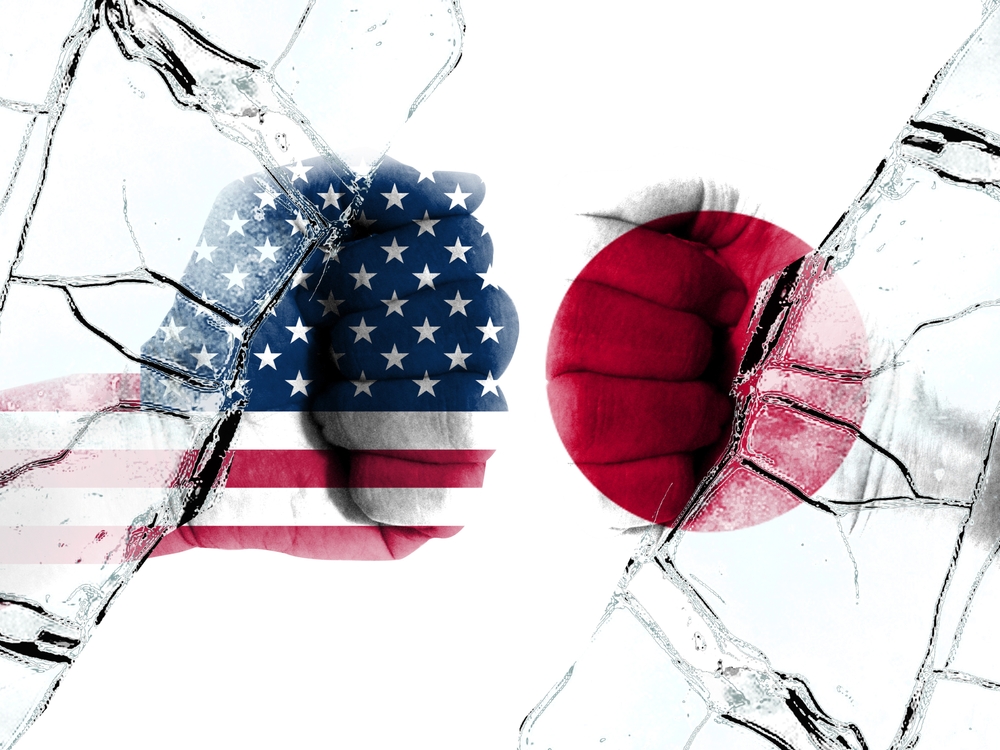Japan Pushes for Lower Tariffs Amid Economic Strain
Japanese Prime Minister Shigeru Ishiba addressed parliament on Monday, reaffirming Japan’s commitment to pressing U.S. President Donald Trump to reduce tariffs on Japanese goods, despite acknowledging that tangible results may take time. “The government must take all available means” to mitigate the economic damage caused by the tariffs, Ishiba said, citing potential funding support for domestic firms and measures to protect jobs as part of the government’s response. His remarks come after Trump’s decision to impose a 25% levy on auto imports and a 24% reciprocal tariff on other Japanese goods, which are expected to significantly impact Japan’s export-driven economy.
Disappointment and Determination from Japan
Ishiba expressed his disappointment and regret over Trump’s decision, calling it “extremely disappointing and regrettable.” He emphasized that Japan had done nothing unfair to warrant such tariffs and would continue to explain its position to the U.S. government. In a bid to address the issue directly, Ishiba also offered to visit the U.S. for a meeting with Trump, stating, “But in doing so, we must ready a package of steps on what Japan could do.” This proactive approach highlights Japan’s willingness to engage diplomatically to resolve the trade tensions, even as the economic impact of the tariffs looms large.
Economic Impact of Tariffs on Japan
The tariffs are expected to deal a significant blow to Japan’s economy, particularly its export sector. Analysts predict that the higher duties could reduce Japan’s economic growth by up to 0.8%. The country, heavily reliant on exports, faces serious challenges as these tariffs target critical industries like automobiles and machinery. The uncertainty surrounding the ongoing trade tensions with the U.S. has also contributed to fears of a global recession, which have been reflected in sharp declines in stock prices worldwide, including Japan’s Nikkei share average, which plummeted nearly 9% early on Monday.
Japan’s Government Response to Economic Fallout
In response to the economic challenges posed by the tariffs, Ishiba convened a meeting with key economic ministers, including Finance Minister Katsunobu Kato, on Sunday evening. The Prime Minister instructed them to remain vigilant and “respond appropriately” to the ongoing market developments. This call to action underscores Japan’s commitment to managing the economic fallout from the tariffs and maintaining market stability amidst the global trade uncertainty.
Conclusion: A Long Road Ahead for Japan’s Trade Negotiations
Japan’s ongoing efforts to negotiate with the U.S. over tariff reductions are a testament to the country’s resilience in the face of economic challenges. While the path to a resolution may be long and fraught with difficulty, Japan is determined to protect its economic interests and minimize the impact on its export-heavy economy. As the global trade environment continues to evolve, Japan’s ability to adapt and engage diplomatically with the U.S. will play a crucial role in shaping the future of its economic relations with the world’s largest economy.


